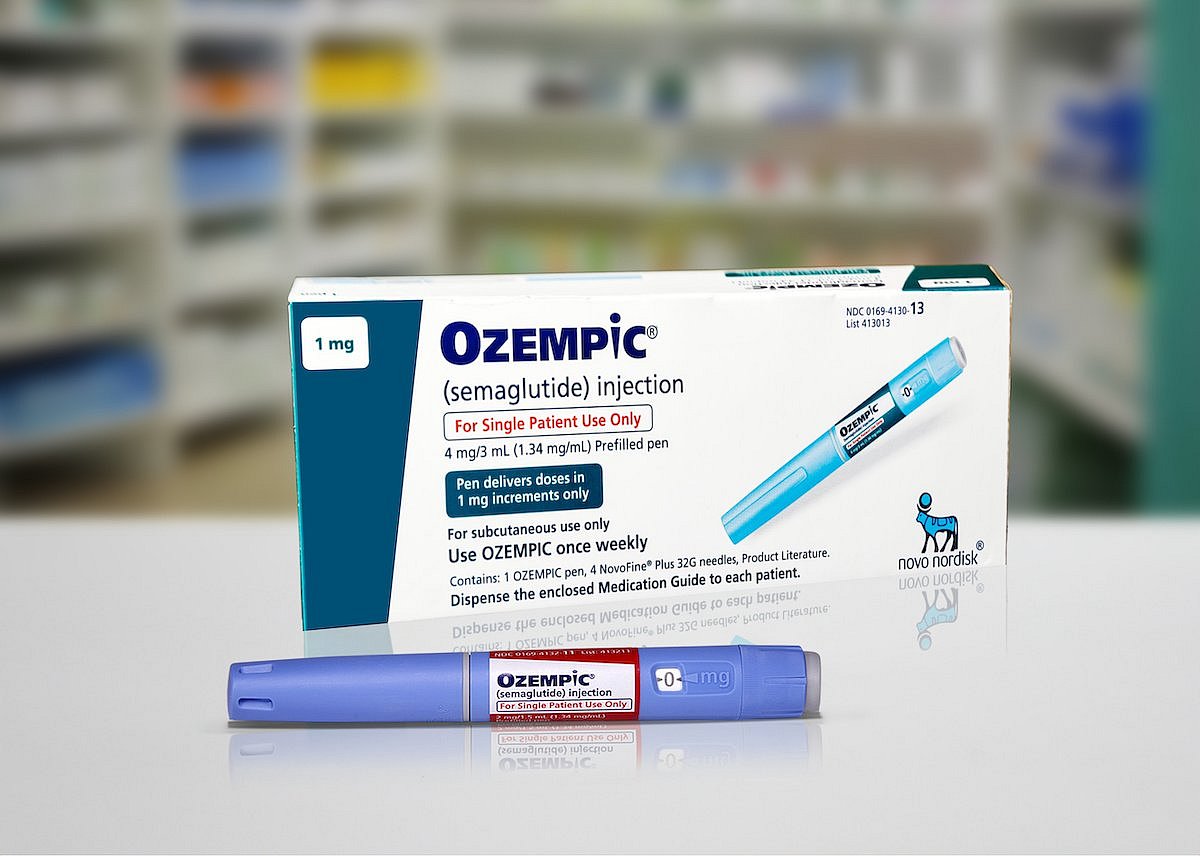Get Healthy!

- Dennis Thompson
- Posted May 19, 2025
GLP-1 Drugs Appear To Lower Cancer Risk
Cutting-edge GLP-1 weight-loss drugs appear to help lower cancer risk even beyond the benefits from dropping excess pounds, a new study says.
First-generation GLP-1 drugs like liraglutide (Saxenda) and exenatide (Byetta) were associated with a 41% lower risk of obesity-related cancers, compared with weight-loss surgery, researchers report in the journal eClinicalMedicine.
“We do not yet fully understand how GLP-1s work, but this study adds to the growing evidence showing that weight loss alone cannot completely account for the metabolic, anti-cancer, and many other benefits that these medications provide,” lead researcher Dr. Yael Wolff Sagy from Clalit Health Services in Tel-Aviv, Israel, said in a news release.
Newer generation, highly potent GLP-1 drugs like Ozempic and Zepbound might even convey a greater advantage in reducing cancer risk, but they weren’t studied in this report, researchers said.
Glucagon-like peptide-1 (GLP-1) drugs mimic the GLP-1 hormone, which helps control insulin and blood sugar levels, decreases appetite and slows digestion of food.
For the new study, researchers tracked electronic health record data for more than 6,300 people 24 and older. All had obesity and type 2 diabetes and were treated with first-generation GLP-1 drugs or underwent weight-loss surgery between 2010 and 2018.
Obesity and diabetes are both associated with an increased risk for many types of cancer, including breast, colon, uterus, liver, pancreatic, thyroid, stomach and ovarian cancers, researchers said in background notes.
Patients were followed until December 2023 to see if any developed cancer. During an average follow-up of 7.5 years, nearly 300 developed obesity-related cancer.
The most common cancers were breast (26%); colon (16%); and uterus (15%).
Even though weight-loss surgeries cause greater weight loss and are known to reduce cancer risk, roughly as many cases of cancer developed among people taking GLP-1 drugs, results show.
Further analysis showed that GLP-1 drugs had a direct effect on reducing cancer risk, with a 41% lower risk compared to surgery.
“The protective effects of GLP-1 (drugs) against obesity-related cancers likely arise from multiple mechanisms, including reducing inflammation,” said co-lead researcher Dr. Dror Dicker. He heads the obesity clinic at Hasharon Hospital-Rabin Medical Center at Petah Tikva, Israel.
“New generation, highly potent GLP-1 [drugs] with higher efficacy in weight reduction may convey an even greater advantage in reducing the risk of obesity-related cancers, but future research is needed to make sure that these drugs do not increase the risk for non-obesity-related cancers,” he added in a news release.
More information
The Cleveland Clinic has more on GLP-1 drugs.
SOURCE: European Association for the Study of Obesity, news release, May 11, 2025



